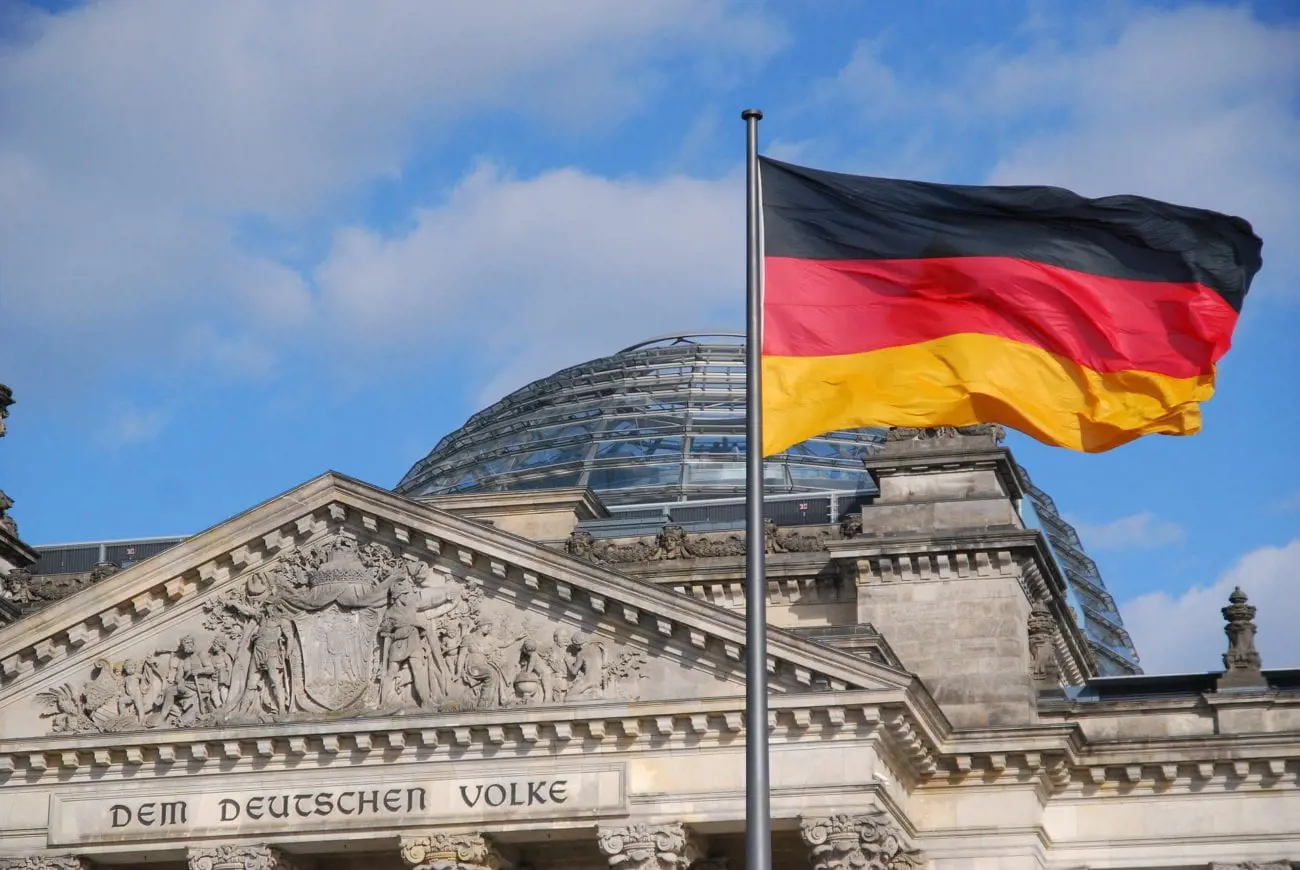German Minister-Presidents ratify new gambling legislation
The Minister-Presidents of Germany’s 16 federal states have ratified the new regulatory framework for gambling due to come into force in July at their annual conference.

The meeting of the heads of state took place remotely, chaired by Berlin, over 28 to 30 October, a key step in the process required to bring the Glücksspielneuregulierungstaatsvertrag (GlüNeuRStV) into effect. The heads of state had already approved the draft legislation in March this year, while European Commission made no intervention when the GlüNeuRStV was notified to the body.
The GlüNeuRStV opens up the online gaming market to slots and poker as well as sports betting, while maintaining states’ monopoly on lottery - something that could also be extended to table games.
The Deutscher Lotto und Totoblock (DLTB), the influential umbrella association for state lottery operators, hailed the GlüNeuRStV as evidence of the importance of lotteries in the expanded gaming market.
Current DLTB chair and Lotto Rheinland-Pfalz managing director Jürgen Häfner said that the fact heads of state for all 16 Länder were able to reach an agreement shows that the current federal regulatory model “works very well”.
“The DLTB members will continue to follow the legal requirements of the State Treaty, and continue to offer a safe product range for those interested in gambling,” he added.
Gaming hall association the Deutsche Automatenwirtschaft (DAW) also welcomed the GlüNeuRStV’s ratification, noting that this would see qualitative criteria applied to the licensing of gaming halls for the first time.
This means that states will be able to issue multiple slot and gaming hall licences, provided the applicants can comply with the terms of the Treaty, while remaining in charge of determining minimum distances between licensees in their jurisdiction.
“Now it is important that the federal states rely on the quality of amusement arcades when implementing the contract, both on the subject of multiple concessions and the minimum distances [between venues],” DAW spokesperson Georg Stecker said.
He added that the politicians deserved credit for having reached a compromise agreement following “years of intensive negotiations”.
The GlüNeuRStV must now be ratified by 13 of Germany’s 16 state parliaments, by 30 April next year, if it is to be implemented from the planned launch date of 1 July.
Georg Wacker, managing director of DLTB member Lotto Baden-Württemberg, urged Germany’s state parliaments to act quickly in the wake of the Minister-Presidents’ ratification.
“Now the ball is in the states’ court; they must convert the [Treaty] into valid state law so the regulations cane implemented as planned from 1 July, 2021,” he said.
Both Wacker and DLTB chair Häfner talked up the importance of the market being strictly controlled, and the new regulatory body - which is to be based in Sachsen-Anhalt - to be established as quickly as possible.
“This will allow for even stronger and better coordinated control of the market participants in terms of player and youth protection,” Häfner said. “In addition, strict enforcement action against providers who do not adhere to the state requirements becomes easier.”
Wacker added: ”In terms of effective youth and player protection, the supervisory authority in Sachsen-Anhalt must be ready to take charge quickly as possible.
”The legal ‘guard rails’ must be controlled and violations sanctioned, otherwise the new State Treaty on Gambling is nothing more than many pages of paper,” he warned.
While the GlüNeuRStV does not officially come into force until July 2021, operators that comply with its terms have been allowed to offer their services in Germany under a transition period that began from 15 October.
This requires operators to abide by the legislation’s player protection controls, as well as making a number of operational changes. These include removing all table games, and implementing a €1 per spin slot stake cap, and a 5-second slot spin by 15 December.
Sports betting licences, meanwhile, were awarded following years of delays and legal challenges on 9 October. To date 15 licences have been issued, including four to GVC alone.